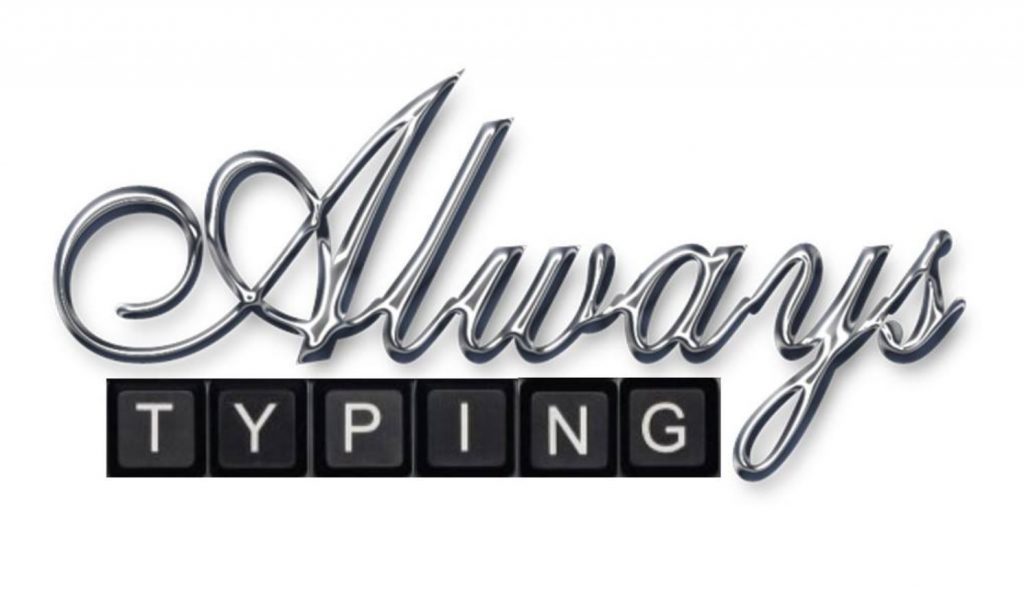Nearly 1.4 million people have been fired or laid off in 2022. If you are one of these people, you’re probably dreading your next interview. Answering, “why did you leave your last position?” isn’t an easy question after a termination.
You’re in the right place. This article will educate you on how to explain being fired without making it a huge deal or the focus of the interview. Termination is a tough situation, but with our tips you can move on to your next role soon!
Table of Contents
ToggleHow to Get a Job After Being Fired
Job searching after termination is a trying time for most people. Not only do you not know how to address it in interviews, but most of the time you will have low confidence due to the situation as a whole.
- The first thing you must do during your job search is to remain positive and confident. This isn’t an easy task, so it’s important you at least appear to be positive and confident during your job interviews. Practicing your responses before an interview will help you feel more sure of yourself during the actual interview.
- The second thing is you have to get your resume in tip-top condition. You can check out our resume examples to see how professional resumes should look.
- And finally, you need to apply. Some companies may pass on your application because of a termination, but just as many won’t. You just have to apply until you find that perfect fit.
Getting a Job After Being Fired: Do’s and Don’ts
You may be wondering what to avoid doing when discussing being fired. We have a few do’s and don’ts to help you stay on track when discussing the situation.
Read more below:
Don’t Speak Badly About Your Previous Employer
Hiring managers do not want to hear you talk badly about another company. This makes you appear bitter and gives the hiring manager a bad impression about the type of employee you are. So, when discussing the termination, stick to the facts and try to keep emotion or too much detail out of it.
Do Keep Your Response Simple and Truthful Without Too Many Details
You don’t want to lie to a potential employer. This could backfire big time and in a bad way if you did try to lie about a termination. It’s best to keep it simple and truthful without dwelling on it for too long.
For example, let’s say you were terminated because of a common mistake in a regular process. It doesn’t matter if the manager didn’t like you and was looking for a reason to let you go. It also doesn’t matter if everyone else in the company did it that way. Those details are not important and shouldn’t be included.
Your answer could go something like this:
“I was terminated due to an error in a (type of) process. I have since discovered the correct way to do it and feel strongly that the error will not present an issue ever again. In fact, the new knowledge I have regarding (type of) process will help your team with (skill, skill, skill).”
PRO TIP: Always end any response, especially one that begins with a negative, in a way that shows what benefit you’ll bring the new company and its team.
Don’t Avoid the Question or Lie
When asked why you left your previous company, it’s not a good idea to try and avoid the question or to outright lie. Not only will the hiring manager see you are uncomfortable and likely know something is up, but it’ll mean you lose out on the job for sure when they realize what you are lying about.
Be straightforward and honest. It’ll show the company you can own up to mistakes (if that was the reason) or handle a challenging situation with grace.
How to Quickly Redirect the Conversation to Your Strengths
When explaining the reason for termination, it’s vital you let the interviewer know that you have learned from any mistakes that were made and showcase a few strengths. If you were terminated due to a layoff or company closure, those discussions are much more understandable and likely don’t require a lot of redirection. It’s still important you discuss your strengths throughout the interview.
For example, if you were laid off, the answer could be:
“I was recently laid off at XYZ. While the situation has been difficult, I am confident in my ability to deliver exceptional customer service and help support your company in growing new business.”
If you were fired, here is another way to redirect the conversation:
“There was a miscommunication about a process and I messed up. I realize now I should have asked for more help on how to do the process correctly. Now, I’m far better at active listening and have become more attuned to my own failings. Being self-aware can certainly be something I use to fulfill the (skill, skill, skill) you require for the (position title).”
Job Search After Termination Doesn’t Have to Be Stressful!
Now you know how to explain being fired. We hope this article helped you feel more confident going into your next interview. If you haven’t started interviewing yet, you may want to consider a resume update!
With a strong resume, terminations aren’t as difficult to explain. Working with a professional resume writer helps you showcase your strengths and abilities in a way that grabs the reader’s attention and makes them want to know more.
Don’t start your job search without an updated resume! Check out our packages and let’s get started today.



